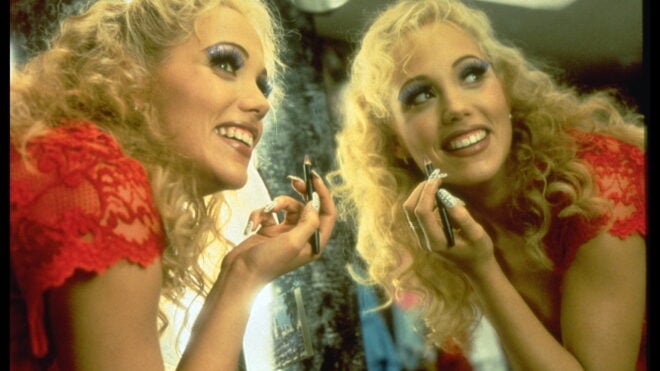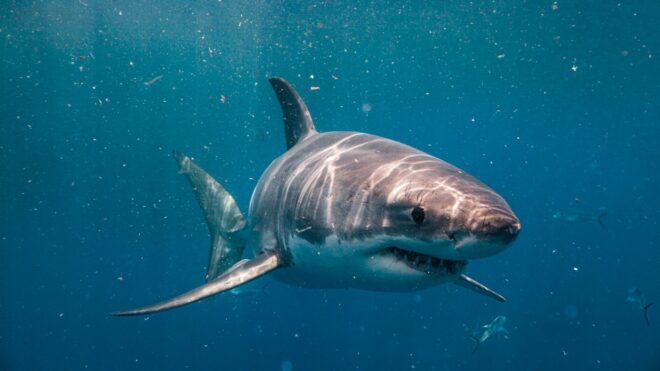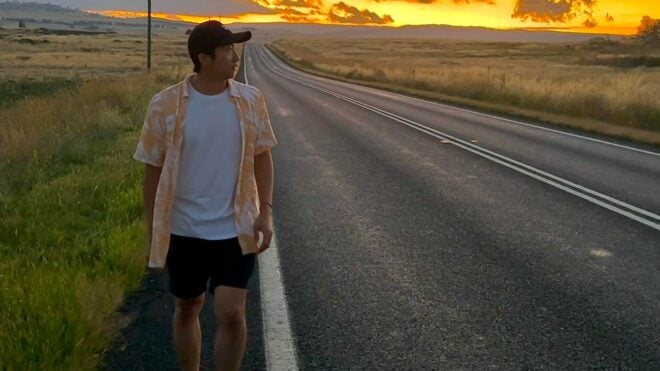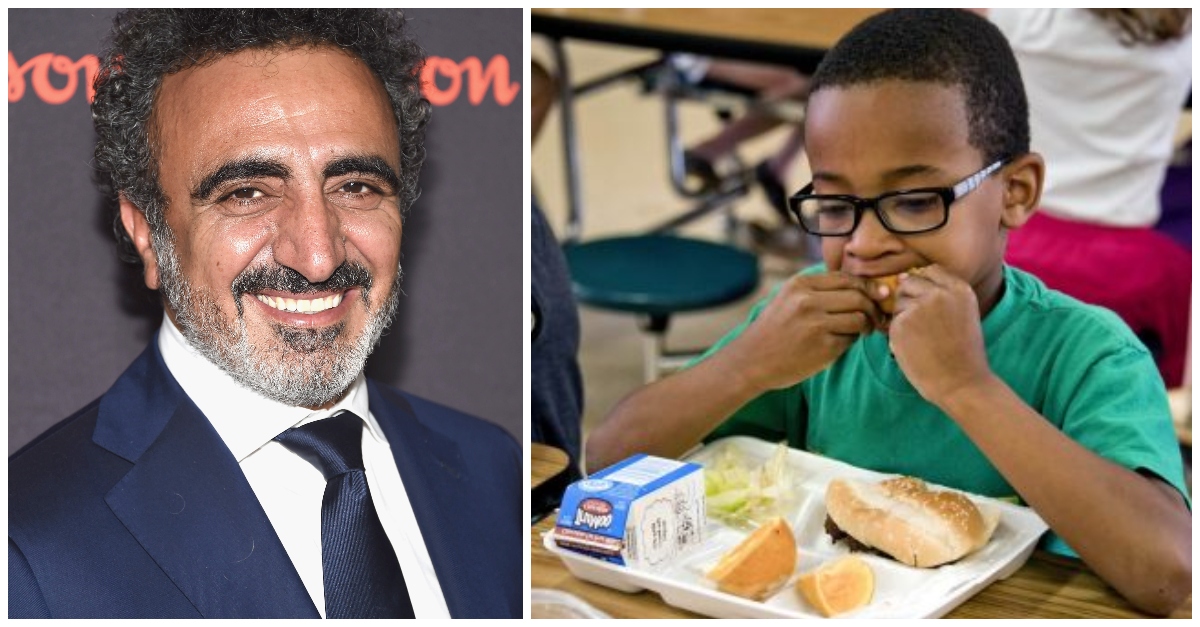
The CEO of Chobani donated almost $50,000 to pay off student lunch debts at a school district in Rhode Island.
Warwick Public Schools in Rhode Island faced about $77,000 in outstanding lunch fees this year. It announced a new plan in an attempt to collect the money: Students with outstanding debts would be limited to eating "sun butter and jelly" sandwiches.
The decision caused an enormous outcry, and it caught the attention of one dad with a conscience and the means to help. Hamdi Ulukaya, the CEO and founder of Chobani, donated $47,650 from the company to settle the debts. More donations also poured in from public crowdfunding efforts.
"As a parent, this news breaks my heart," Hamdi said in a statement, according to WGNO. "For every child, access to naturally nutritious and delicious food should be a right, not a privilege. When our children are strong, our families are stronger. And when our families are strong, our communities are stronger."
Hamdi also called on other businesses to take similar action to solve the food insecurity crisis in America.
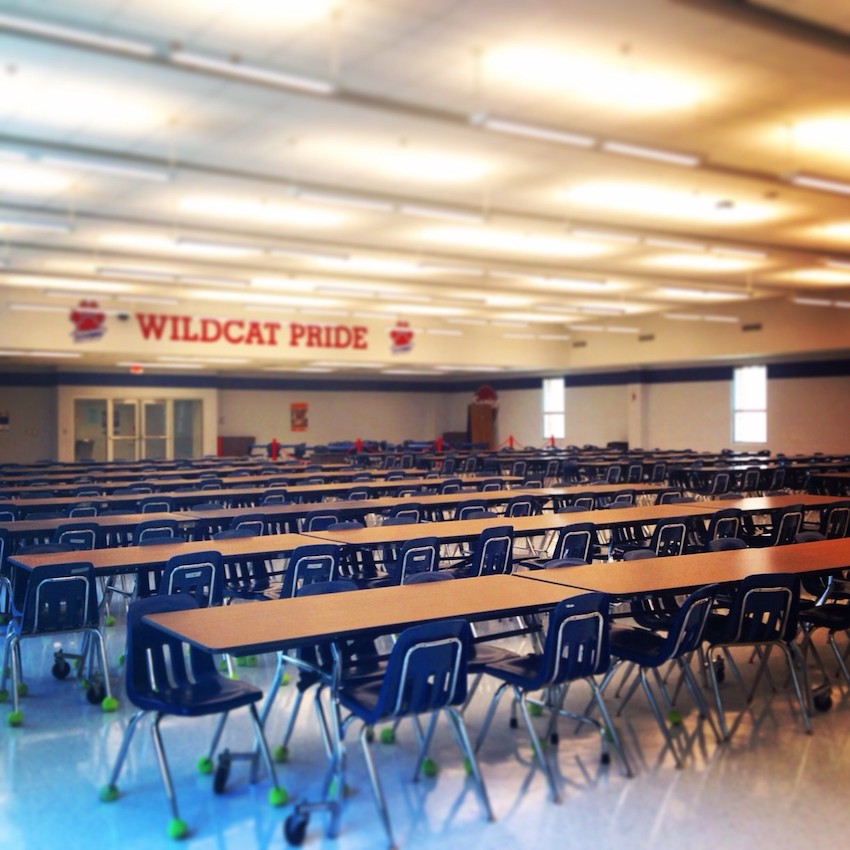
Unpaid student lunch debts are a major issue in many school districts across the US. Students whose parents are unable to pay off their lunch dues may be prevented from graduating, forced to eat inferior meals, or given a hand stamp marking the debt, among other consequences that publicly shame the students.
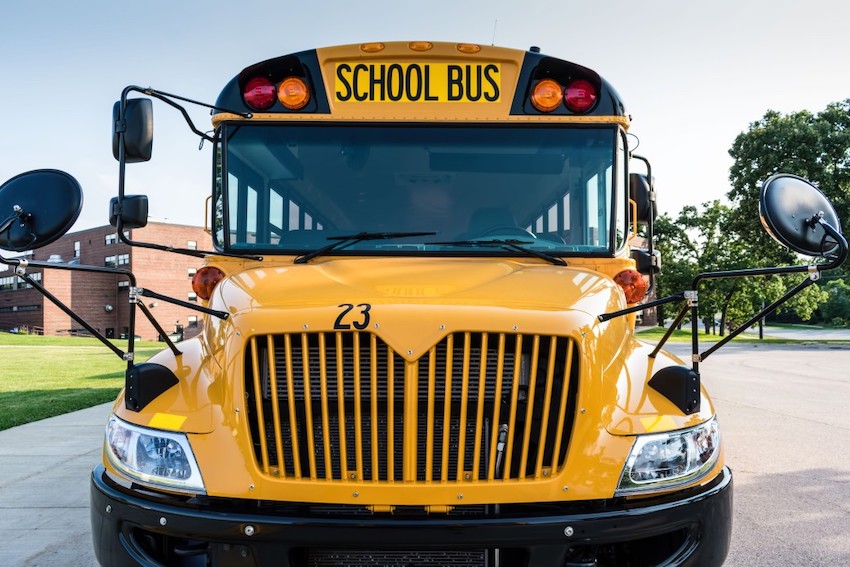
Recently, Warwick Public Schools in Rhode Island made an announcement on its Facebook page: All students with outstanding balances on their paid, free, or reduced lunch accounts would be served a "sun butter and jelly sandwich" until their parents paid the balance or set up a payment plan.
The announcement drew a lot of attention, and people were furious. Many people pointed out how cruel it is to punish kids for their parents' financial situations — and yes, eating only a plain, cold sandwich (while other kids eat prepared hot meals) does feel like a punishment to a child.
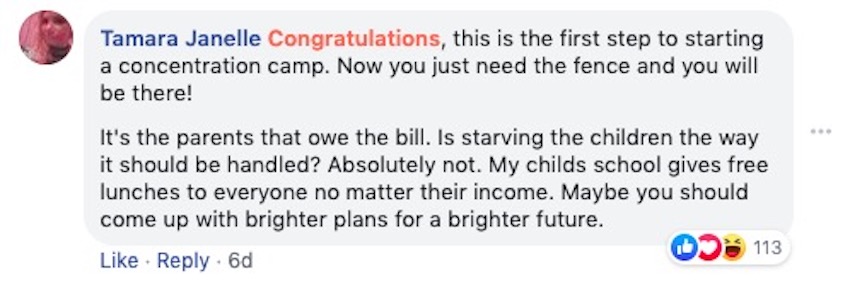
Some parents in Warwick Public Schools also commented on the announcement to complain that they were being harangued over small debts, such 60 cents. Others claimed that their debt balances were incorrect in the first place.
The cold sandwich rule would apply to about 9,000 kids in the district from kindergarten to 12th grade.

Luckily, one person who was upset by the announcement was in a unique position to actually do something about it.
Hamdi Ulukaya is the CEO of Chobani. The company donated $47,650 to cover the Warwick school district's outstanding school lunch debts, per the Providence Journal.
The issue hits close to home for Hamdi, because he's a parent himself. He said the news of Warwick Public Schools' decision broke his heart.
"The last thing that kids should worry about today is if there’s a warm lunch for them at school — and the shame they might feel if their classmates realize they can’t afford a school lunch," Chobani wrote in a press release, according to WCTI.
In addition to the donation, the company says it is working "to bring attention to the national crisis of food insecurity among students."
Hamdi wasn't the only person who took action in this case. Multiple GoFundMe pages were also set up to help settle the lunch debts, and they raised tens of thousands of dollars.
The public outcry over Warwick Public Schools' decision had an immediate impact. One day after the initial announcement, the district reversed its decision. It will now be "allow[ing] the students their choice of lunch regardless of their account status."
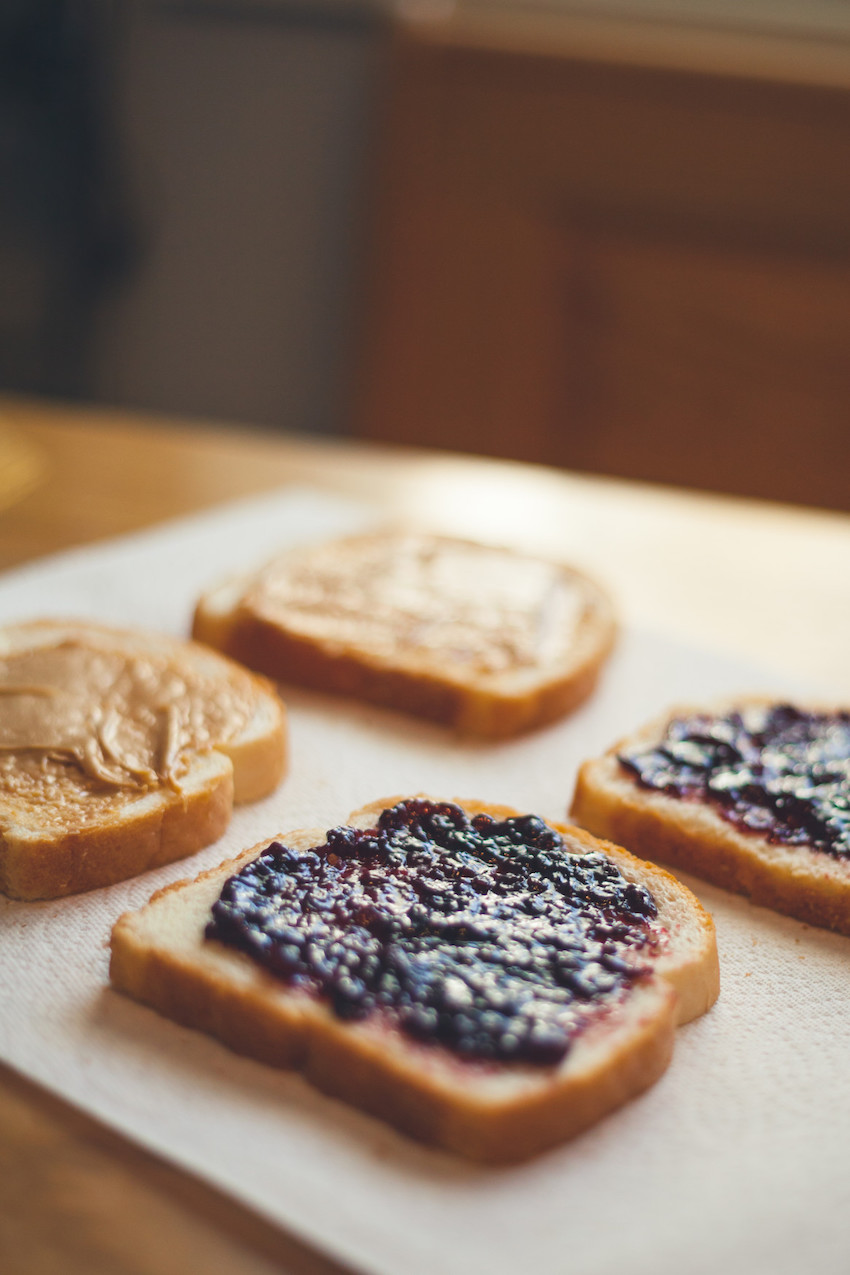
Unfortunately, this is just one school district out of MANY across the country with similar policies, and not all of them get quite so much media attention. Students all over the country, from kindergarten to 12th grade, face this same dilemma.
While most of the students involved in the Warwick Public Schools' decision were not on free or reduced lunch, students can still rack up debt even if they qualify for aid. They may be charged for small additional items that aren't included in the program, like milk. Or they may not be able to afford the reduced fee.
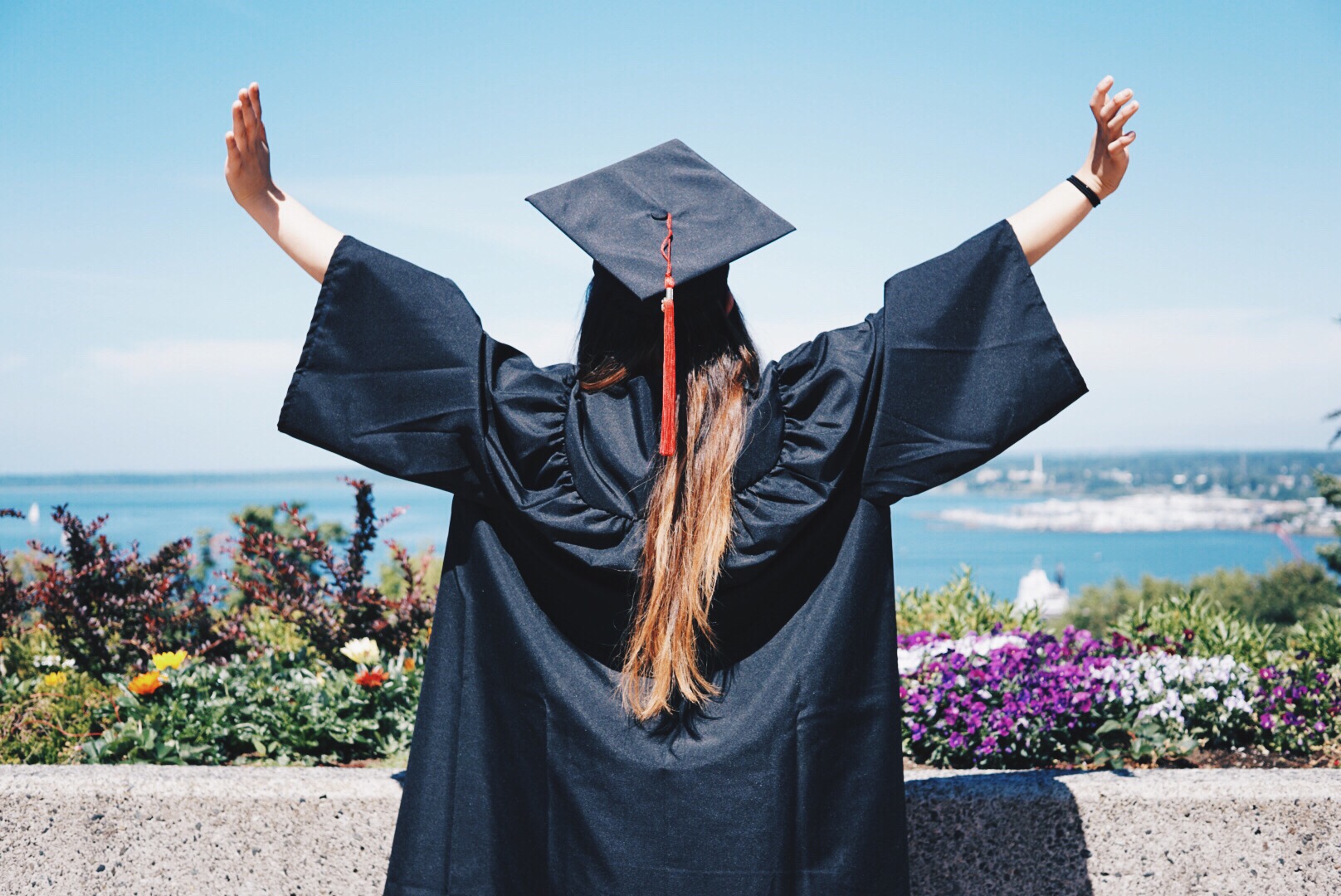
In some districts, schools throw away lunches when students can't afford to pay for them. At others, children have to work to pay off their guardian's debts, per NPR. And, as was the case at Warwick, it's not uncommon for students to be served a substitute meal, like a cold cheese sandwich.
Just last week, Valerie Castile, the mother of police shooting victim Philando Castile, paid off student lunch debts at Robbinsdale Cooper High School in Minnesota.
Valerie donated $8,000 on behalf of her son's foundation. The money went to senior students, who were barred from receiving their diplomas until their lunch debts were paid, according to district policy.
In 2016, writer Ashley C. Ford showed that even regular folks (who aren't the CEOs of corporations or the heads of foundations) can help kids out with this issue.
She tweeted a call to action, according to Today: "A cool thing you can do today is try to find out which of your local schools have kids with overdue lunch accounts and pay them off."
As a result of that simple tweet, thousands of donors raised $100,000 toward lunch debts at various schools around the country.
Taking the time to pay off a school lunch debt is surprisingly easy, if you have the funds to spare — and it can make a huge difference, even if it's only for a few kids at one school.
But fixing the system that results in so much debt in the first place? That's a little trickier.
Hopefully, donors like Hamdi and Valerie will continue to raise enough attention to this issue that something finally changes. Children deserve to live in a country where they're free to learn without any fear, shame, or hunger hanging over their heads.

